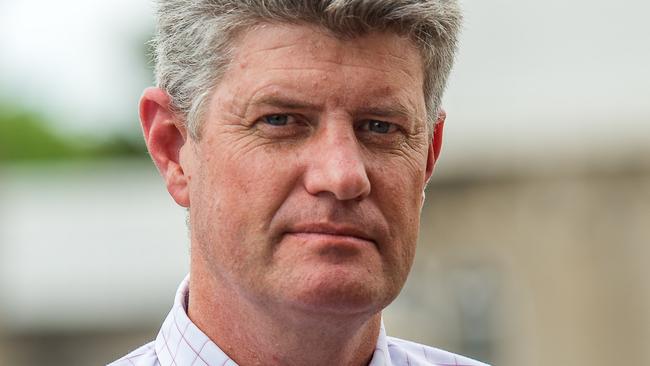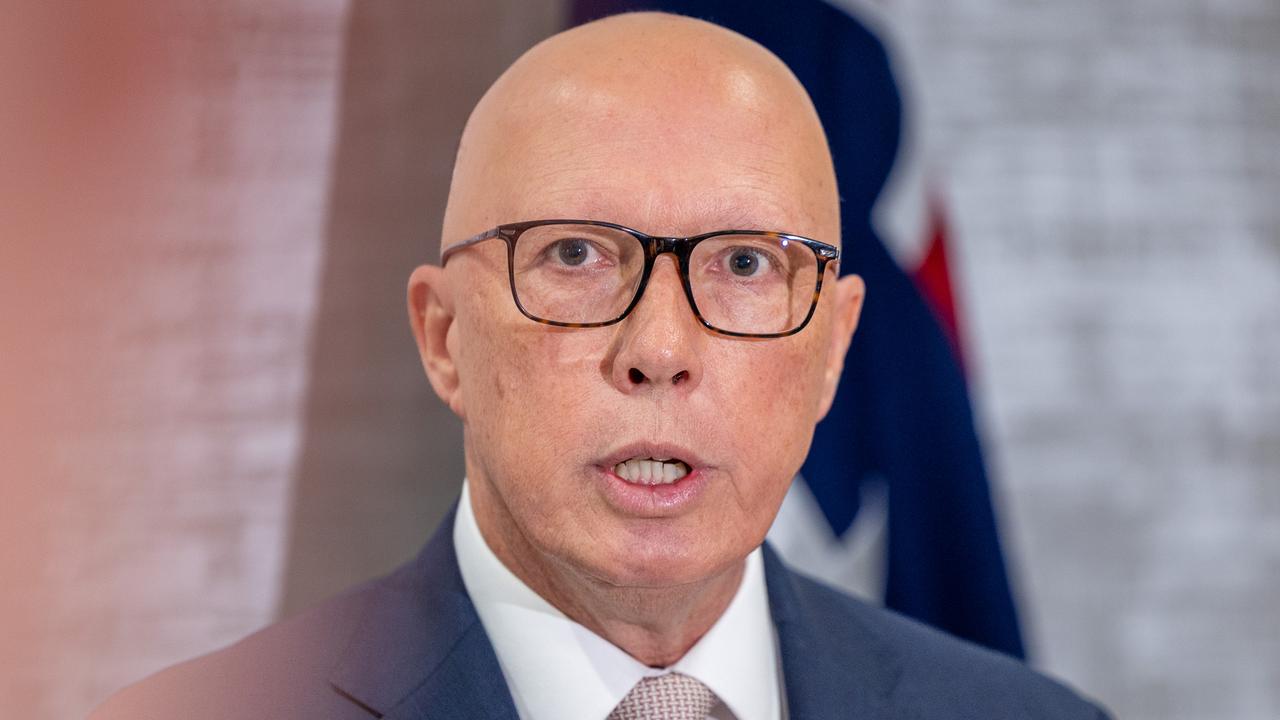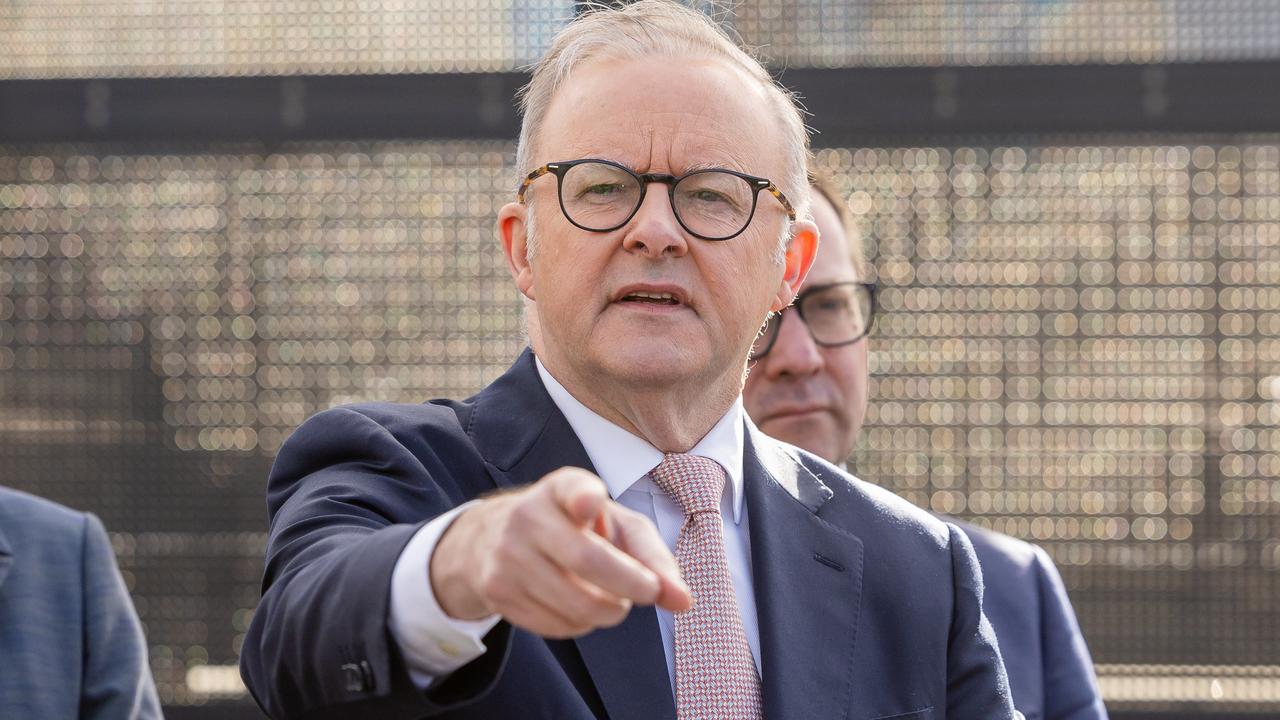Transport Minister Stirling Hinchliffe resigns
TRANSPORT Minister Stirling Hinchliffe has resigned as the state government released the report into Queensland Rail’s timetable debacle.

TRANSPORT Minister Stirling Hinchliffe has resigned as the state government released the report into Queensland Rail’s timetable debacle.
Mr Hinchliffe has stood down from all his ministerial positions, including the Commonwealth Games portfolio, but will remain Leader of the House. The announcement came as Premier Annastacia Palaszczuk fronted a press conference detailing the problems at QR over the past five months.
Mr Hinchliffe had faced regular calls from the Liberal National Party opposition to resign over his department’s handling of the staffing crisis which beset QR following the opening of the Redcliffe Peninsula line in October.
Not enough drivers and guards were able to staff the increased number of services across the southeast’s rail network, leading to commuter chaos on a number of occasions when hundreds of services were cut.
His resignation ironically comes after Phillip Strachan’s key report into the debacle recommended a complete overhaul of the rail provider’s management but absolved Mr Hinchliffe of blame.
Mr Strachan, a former Rio Tinto executive, is now QR’s new chief executive.
Deputy Premier Jackie Trad returns as transport minister for the time being while Treasurer Curtis Pitt will take responsibility for the Commonwealth Games.
The report found serious cultural and procedural issues at QR were the cause of several cancellation events since October last year, including on Christmas Day when 235 services had to be cancelled with less than 24 hours notice.
It places the blame for the crisis almost entirely on QR management. The report found the opening of the Redcliffe Peninsula line and subsequent timetable changes overloaded QR’s ability to put drivers in trains, due to “restrictive crewing rules agreed between unions and QR management” as well as a decline in the number of qualified drivers available.
In addition, despite the gap between supply and demand increasing, the crisis wasn’t dealt with due to systemic communications issues in the organisation and how it communicates with the government.
The report makes 36 recommendations, chief among them to strip three levels of bureaucracy from QR by eliminating the position of chief operating officer and improving the “line of sight” between frontline staff and management. It also calls on the government to look at completely overhauling the organisation to “consider the appropriate operating model and accountability for public transportation services”.



